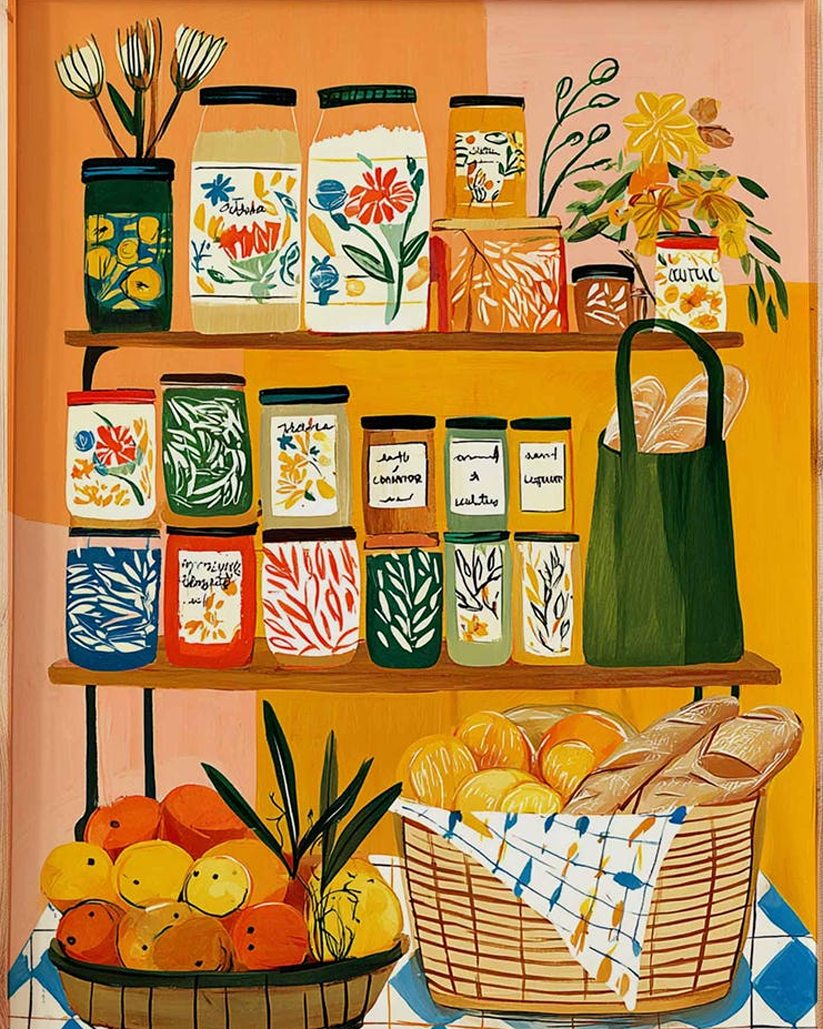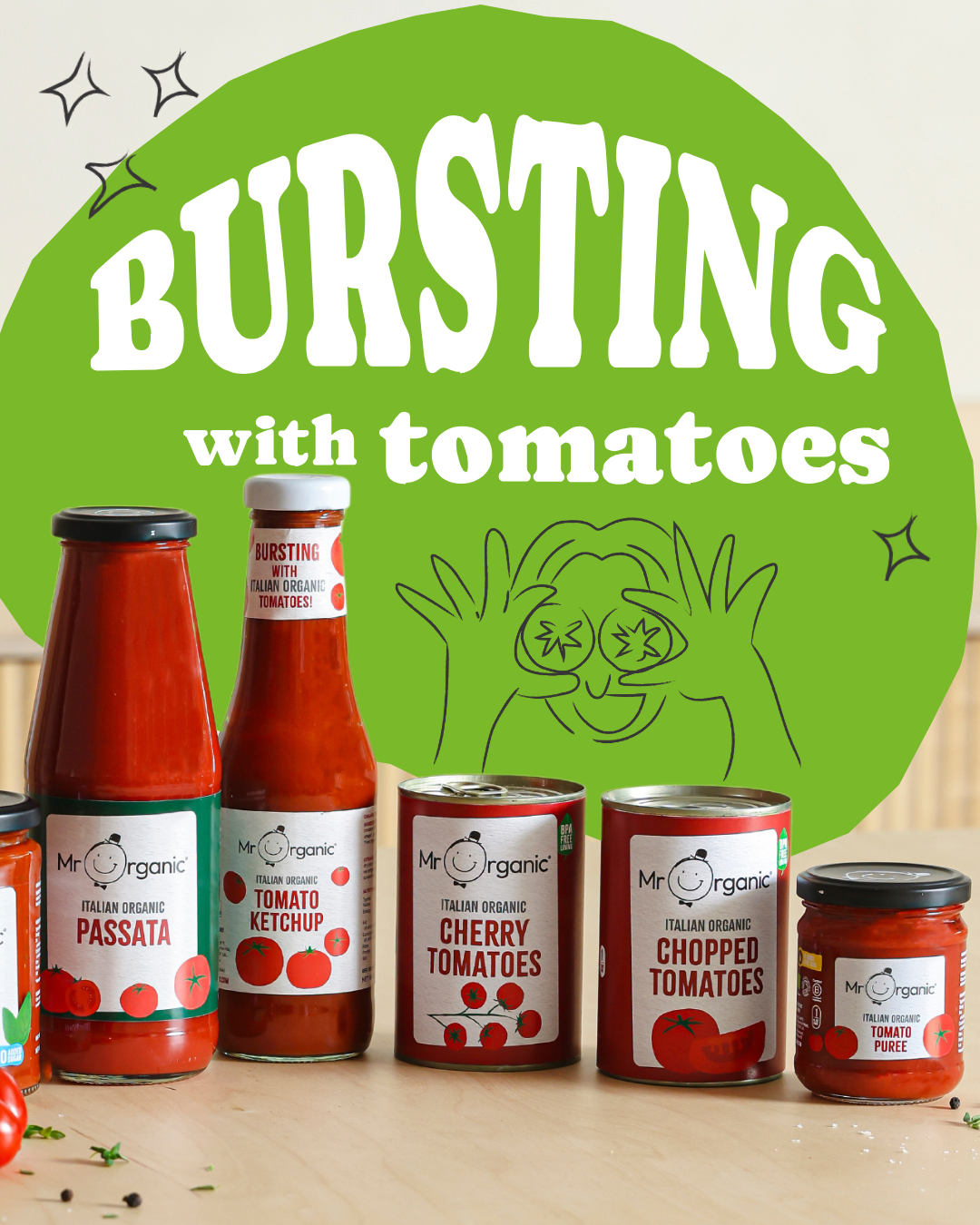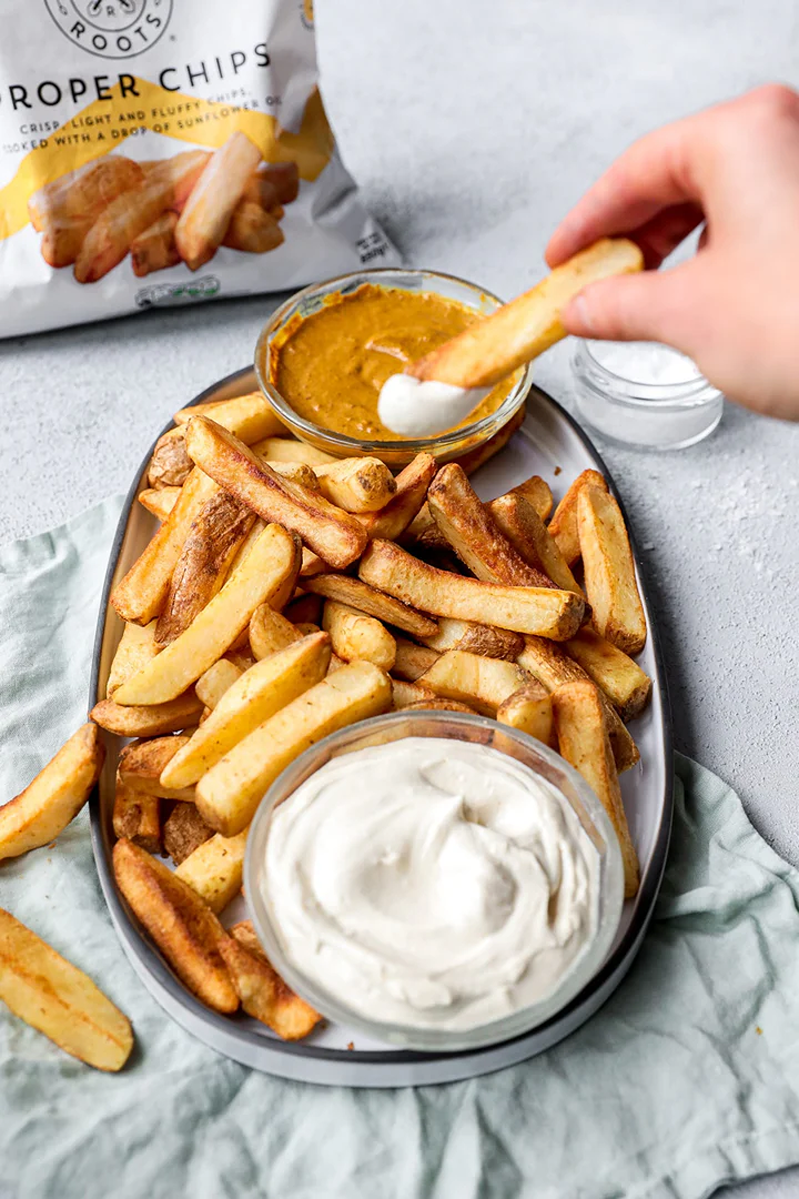Surplus Supermarkets: Save Money on Grocery Bills

Surplus supermarkets are replacing conventional supermarkets nationwide, as people look for affordable food, which also helps to cut down on food waste. Each year, the UK throws away 7 million tonnes of food.
Over 9 million people in the UK (including 4 million children) don’t eat well, simply due to food poverty or not having access to healthy affordable food. Over 2 million people now use food banks (sometimes in full-time income, but can’t afford food due to rising rent costs not being followed by rising salaries).
Surplus food is usually discounted due to being past the ‘best before date’ that is still safe to eat, but not over the ‘use-by date (which is not safe). Read more on food safety for people and pets.
Company Shop (14 surplus supermarkets)

Company Shop is an award-winning social enterprise, that is changing lives nationwide. It sells surplus waste food in its own supermarkets, at deeply discounted prices. This stops food going to waste, and helps to support people on low incomes. There are presently 14 branches:
- Athersley
- Beechwood
- Bewsey (Warrington)
- Eastfield (Scarborough)
- Goldthorpe
- Grimsby
- Halton
- Hoyland
- Kirkdale
- Knottingley
- Lambeth
- Stocking Farm (Leicester)
- Swarcliffe (Leeds)
- Tong Street (Bradford)
Affordable Membership Groceries

Your Local Pantry is like a small local supermarket. But you join as a member to make savings around £21 per week. Sign up, then choose at least 10 grocery items, from fresh, chilled and frozen food.
There are also volunteer opportunities to learn skills and create community hubs. There are now 120 local pantries across the UK (the site offers details on how to set one up, if there is none near you). You can run these from churches, schools or community centres, in partnership with food banks, councils or housing associations.
Member communities have access to a dedicated supporter worker, a pantry handbook and documents to cover all the bases. You’ll also receive marketing posters, and bespoke software, to keep records of finances and volunteer training.
Join over 44,000 members across the UK, helping to bring affordable fresh food to all. Find a list of all present locations (there are particular clusters in Merseyside, Manchester, Kent, London, the West Midlands, Reading and Portsmouth). Most food is from surplus from suppliers, so helping to avoid food waste too.
Community Grocery is another member grocery, that redistributes surplus food, and keeps over 65,000 local families well-fed, and has saved over 5000 tonnes of food from going to waste. There are branches nationwide.
Again you sign up (around £5) then shop several times a week to buy fresh fruit and veg, and common grocery items. Anyone on low income is welcome to shop once daily (no proof of income required, it relies on honesty, and not taking advantage of others who need help). Choose a ‘shop size’ and buy many items for a set fee, then add on extras, if wished.
How Did Community Groceries Start?
During lockdown, a local church organisation was delivering 60,000 meals to families in Manchester. But after the pandemic, these families still needed help, so this organisation was founded.
Not everyone qualifies for food banks, so this is a bridging idea, where it offers affordable food to people on low incomes, but kind of works the same as a standard supermarket. Only cheaper, and preventing food waste, rather than adding to it. And of course, profits are reinvested back.






